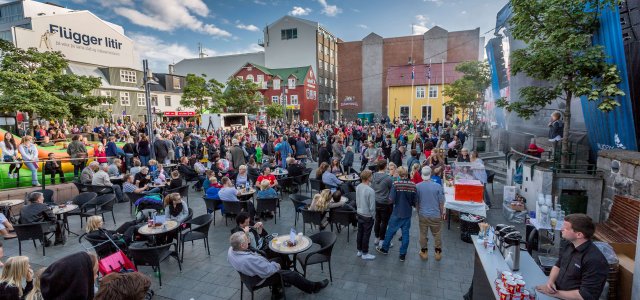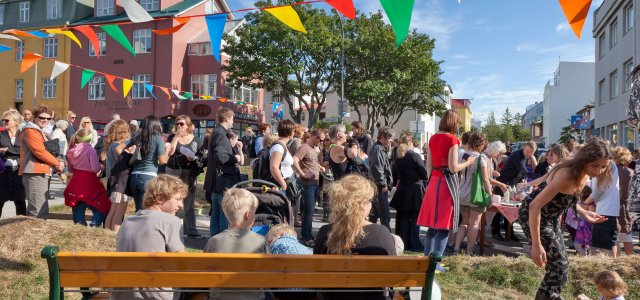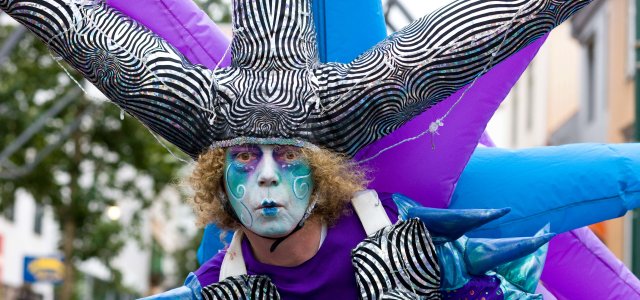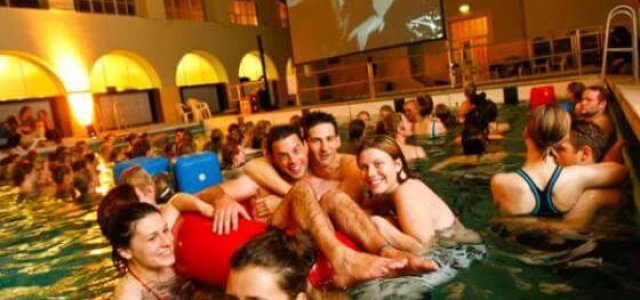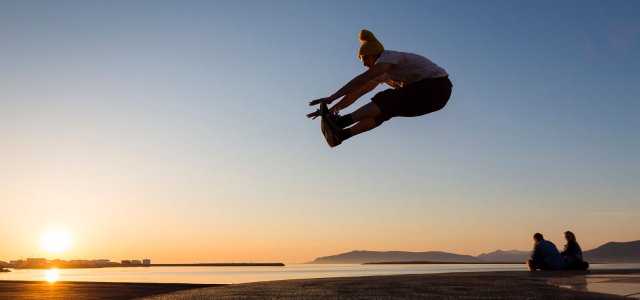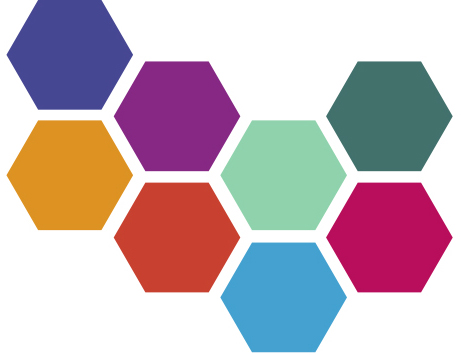Flag: Blue with a red cross outlined in white fimbriation, extending to the edges of the flag. The colours are symbolic for three of the elements that make up the island: red is for the volcanic fires, white recalls the snow and glaciers, and blue is for the skies above.
Population: The total population of Iceland January 1st. 2022 was 376.248. The number of men is 193.095 while the number of women is 183.153.
Size: 103,000 sq. km (40,000 sq. miles)
Government: Iceland is a parliamentary constitutional republic. Suffrage is universal from 18 years of age. The president is elected by direct popular vote for a term of four years, with no term limit. Most executive power rests with the Government, which is elected separately from the presidential elections every four years. Alþingi is a legislative body of 63 members elected for a term of four years by popular vote. Judicial power lies with the Supreme Court and the district courts.
Language: The official language of Iceland is Icelandic, a North Germanic language derived from Old Norse. It has changed relatively little throughout the centuries. English is widely spoken and understood.
Religion: Most Icelanders (60%) are members of the Lutheran State Church. Another 15% are registered in other Christian denominations, including the Free Church of Iceland and the Roman Catholic Church. Almost 2% of people practice Ásatrú, the traditional Norse religion. The rest 23% is divided among many religions.
Currency: The Icelandic monetary unit is the króna (plural krónur) – ISK.
Time: Iceland is on Greenwich Mean Time (GMT) throughout the year, and does not go on daylight saving time.
Source : Iceland.is

